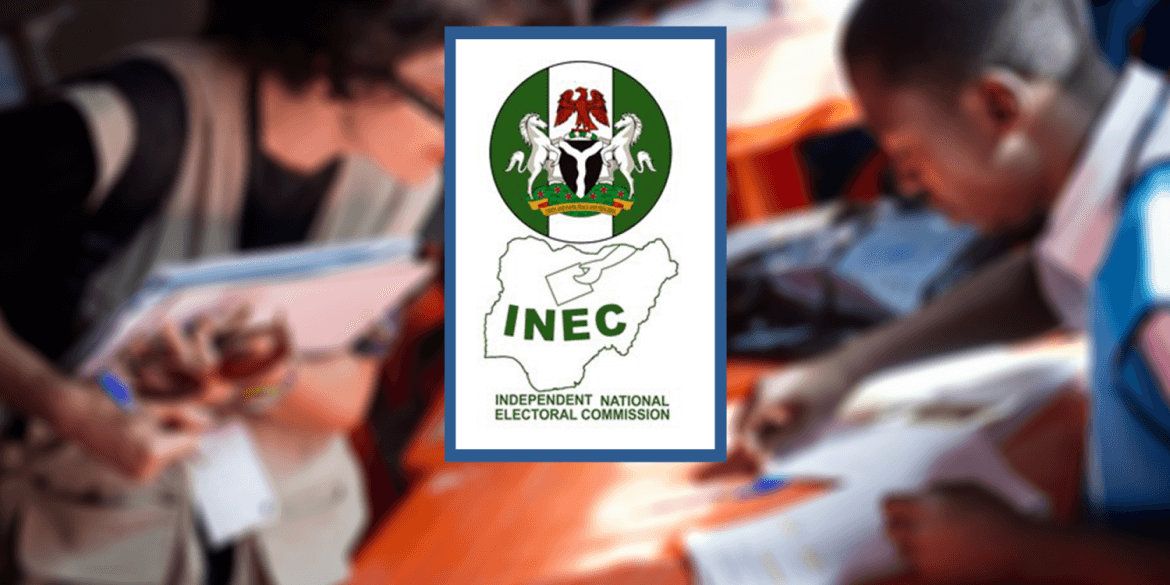Nigeria has put out a number of efforts to carry out the African Union’s Agenda 2063.
Among the suggested actions are the creation of sub-regional centres of excellence to increase technological competence and the requirement for creative funding structures.
The establishment of suitable incentives for agreements involving public and private partnerships for the construction of infrastructure across the continent is also suggested. At the ongoing 12th Annual Conference of Speakers of National and Regional Parliaments at the Pan-African Parliament in Midrand, South Africa, on Thursday, Benjamin Kalu, the deputy speaker of the house of representatives and head of the Nigerian delegation, advanced Nigeria’s concerns.
Agenda 2063 is an African master plan and blueprint spanning 50 years that aims to make the continent the next global powerhouse.
The agenda, which was signed in 2013, serves as the continent’s strategic framework with the objective of achieving equitable and sustainable development. In addition to describing Africa’s future goals, it also highlights important flagship initiatives that have the potential to accelerate the continent’s economic progress and transformation.
Speaking during the session, Kalu asked the Parliament to work towards making Agenda 2063 a household name in Africa in response to a report that was delivered on the topic.

Kalu urged African nations to adopt Agenda 2063, according to a statement provided to journalists by the Chief Press Secretary to the Deputy Speaker, Levinus Nwabughiogu.
“I’d want to commend you on your wonderful presentation. The concept is fantastic; we are pursuing it, but we are struggling. We’re struggling due to the gaps you identified.
“You also acknowledged that money is a difficulty with this goal. So the question is, how can we make it a home project? A household agenda without money? It will be challenging, and you have stated that we cannot rely on external bodies to push this project; we must own and finance it.
“Would it be a good idea for Africa to pursue public-private partnerships when raising finances to meet the goals of this agenda?
“As lawmakers in our different legislatures, we ought to enact laws that provide incentives to people who engage, particularly in infrastructure development that supports Agenda 2063 perhaps in the form of tax breaks for some of them,” Kalu stated.
Nevertheless, Kalu voiced concern over potential parallels between Agenda 2063’s characteristics and the Sustainable Development Goals, according to the statement.
“I see a significant overlap between Agenda 2063 and the SDGs. I heard you say health facilities and other issues that are also on the SDGs’ agenda. Aren’t they overlapping significantly? If they are, and the SDGs are handling some of these tasks, wouldn’t it be better to prioritise those that aren’t on the list of SDGs in order to promote efficiency more effectively?
“In terms of implementation and monitoring, it is being carried out in a number of countries, most notably in Nigeria, where SDG implementation is monitored by Parliament and administered by the relevant ministries.
“For us to drive 2063, people must have the necessary capacity. We can’t travel to Europe and borrow from those who will assist us carry out our plan. What are we doing to address the knowledge and capability gaps?” he enquired.
He went on: “Would it be a wrong proposal for us to establish centres known as centres of excellence across the various regions in Africa, where we can build capacities in technology and knowledge so that we’ll be able to own this project?” which he suggested.
In Essence
Nigeria’s emphasis on public-private partnerships (PPPs) to ensure the success of the African Union’s Agenda 2063 is a pragmatic approach, given the financial and infrastructure challenges faced by African nations.
Agenda 2063, which envisions a prosperous, integrated, and peaceful Africa by 2063, requires immense resources and sustained efforts across diverse sectors like infrastructure, technology, health, and education.
In this context, Nigeria’s proposal to incentivize PPPs is timely and essential. By offering tax breaks or other financial incentives, countries can attract private sector investment to complement public efforts in achieving the agenda’s ambitious goals.

















